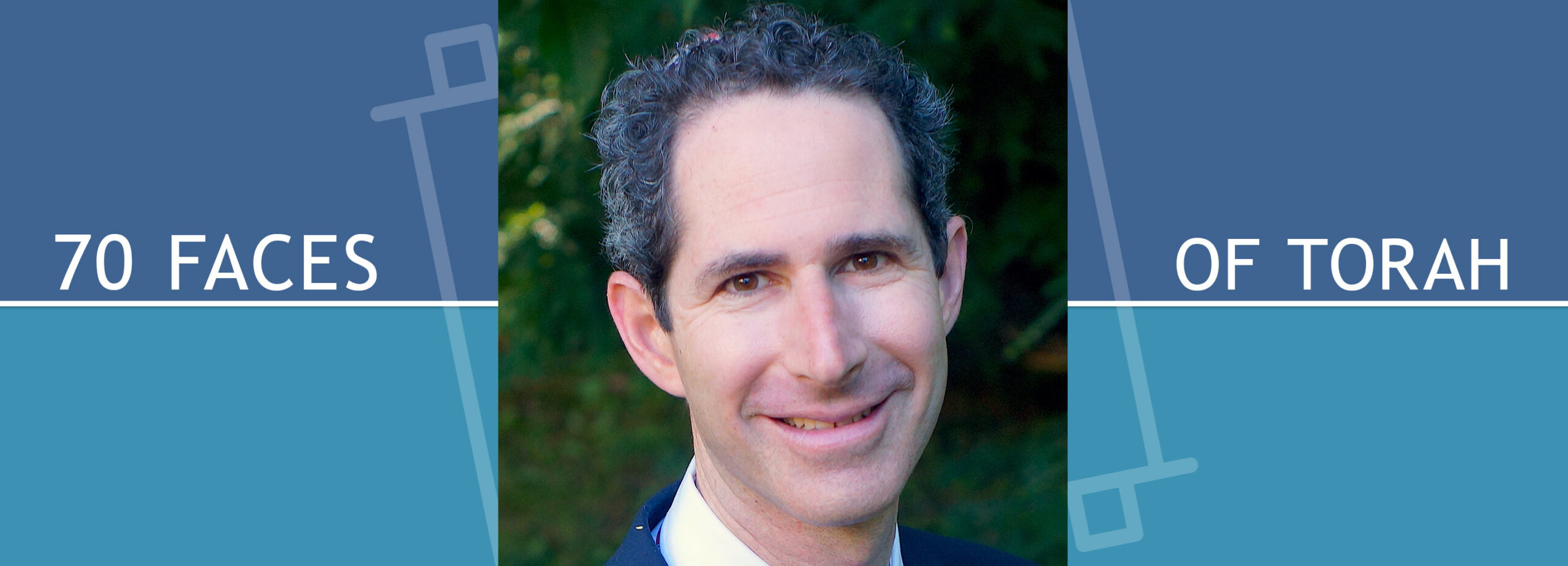Leviticus Finding Elusive Joy

Parashat Emor Leviticus 21:1-24:23
Life as a congregational clergy person is full of rapid ups and downs. The same week or day may bring a bris and a tragic funeral, visiting sick congregants and teaching B-mitzvah students, discussing anti-Semitism and Israel at war, and singing with preschool kids. This reflects the variegated experiences of those in our communities. In addition to the fluctuations of our individual lives and of the Jewish community as a whole, the calendar year contains built-in cycles of ups and downs, as detailed in our Torah portion Emor. We have peaks at the fall and spring holidays, periods of semi-mourning, which for some of us dictate when to get haircuts or shave, and times of counting—the three weeks of descent to Tish’a B’av followed by the seven weeks of increasing hope towards Rosh Hashanah, and the seven weeks of counting up from Passover to Shavuot, which we are in the midst of now.
There’s a midrash in Pesikta d’Rav Kahana which addresses these cycles of joys and sorrows. It notes that while the Torah enjoins us three times to be joyous on Sukkot (once in Emor in Leviticus and twice in R’eih, in Deuteronomy), the Torah never says to be joyful on Pesach. While one might suspect this is because of the tremendous work to prepare ourselves and our homes for Passover, the effect of matzah on our systems, or simply the unfinished nature of redemption, the reason given is that agriculturally, we are in limbo. The barley harvest in Israel has started, but the main crop, wheat, with its mincha chadasha, the new grain of the year, will not be ready until Shavuot. Shavuot therefore merits one mention of joy (in Deuteronomy), but the fruits have not been harvested, so the joy is limited, capped at one citation. No joy is mentioned for Rosh Hashanah and Yom Kippur, when we ourselves are being judged, but by the time we reach Sukkot, the wheat has long since been harvested, the fruit has been recently reaped, and we ourselves have survived the High Holiday season, so joy is mentioned three times.
Each Jewish holiday since the horrible attacks of October 7, starting with Simchat Torah itself, has brought with it the question of how to balance our sorrows and our joys, the terrible losses our people have suffered and dangers we face, with the obligation to carry out our traditions and bring a sense of joy and comfort to ourselves, our children, and our communities.
Finding our balance in these times can be difficult. We can find reinforcement for our emotional yo-yoing in the way that our tradition has always mixed our joys and our sorrows, in the psalms of Hallel which run the gamut of human emotions, in the way that our holidays forge celebrations out of escape from disaster, and in the mood swings of the Torah, such as this portion, Emor, which lingers over the descriptions of the holidays only to end with the stoning of a blasphemer.
The other lesson I like to return to regarding finding joy when it may seem elusive comes from a midrash Rashi quotes regarding the commandments to rejoice on the holidays (Deuteronomy, 16:11-15). The text lists all the people who should rejoice, or whom it’s our responsibility to help rejoice. The midrash imagines God saying: “If you make My family happy—the stranger, widow, orphan, and Levite, those who don’t have other people to look after them, then I’ll help your family—your children and household, to rejoice.” If we do our best to meet the needs of others, to help out those who need it most, we may find an enduring sense of satisfaction that outweighs any ephemeral joys we might pursue.
This week of Parashat Emor, as we approach the middle of this apprehensive time of counting the Omer, as I prepare to shave my graying beard to mark the transition from Yom HaZikaron to Yom Ha’atzma’ut, may the historical resilience of our people give us hope as we navigate these difficult times, and may our efforts to increase the kindness and generosity in the world lead us in the direction of lasting joy.
Rav Hazzan Ken Richmond is the co-senior Rabbi of Temple Israel of Natick, where is celebrating his 18th year as clergy. He received ordination from the Jewish Theological Seminary’s Cantorial School in 2004 and from Hebrew College’s Rabbinical School in 2021.

